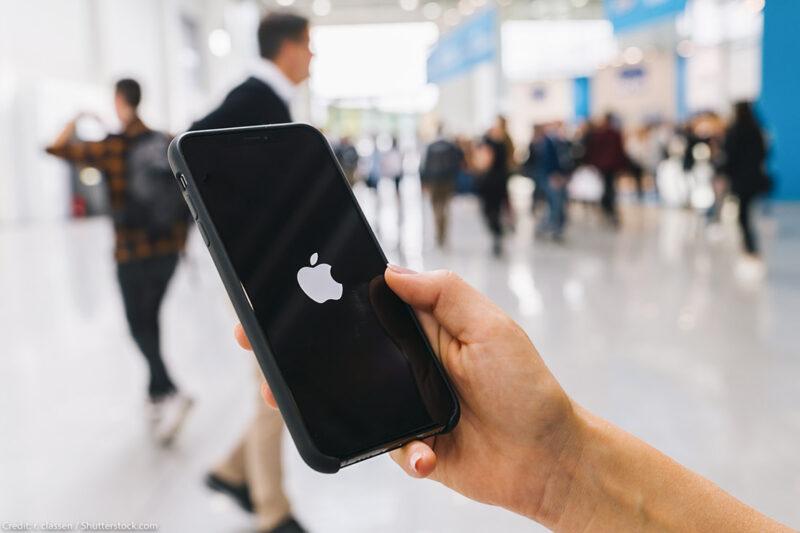In recent developments reported by Reuters, Apple has discreetly revamped its law enforcement policies, introducing measures that could potentially complicate government access to user data. The technology giant, known for its commitment to user privacy, has made subtle yet significant changes to its Legal Process Guidelines available publicly on its website.
The recent update, as outlined in the Reuters report, introduces a noteworthy addition to the language. It explicitly states that a “judge’s order” or a search warrant is now a requisite for Apple to disclose a user’s push notification data. This modification raises pertinent questions about the company’s motives and the implications for user privacy in an era marked by heightened concerns over digital security.
Apple now requires a judge's consent to hand over push notification data https://t.co/OGmUCntKvT pic.twitter.com/2nLXfUIrkb
— Reuters (@Reuters) December 12, 2023
Critics and observers alike are quick to speculate about the timing and motivation behind Apple’s policy adjustment. The question on many minds: Could this be a strategic move to shield figures like Hunter Biden or President Biden amidst the ongoing impeachment inquiry?
The shift in Apple’s stance towards data access undoubtedly adds a layer of complexity to the intersection of technology and government oversight. As the company continues to navigate the delicate balance between user privacy and law enforcement needs, the implications of these changes reverberate throughout the tech industry and beyond.
This move by Apple aligns with its longstanding commitment to safeguarding user data, a principle that has often set the company apart in an era marked by growing concerns over digital privacy. As the debate around the delicate balance between privacy and security unfolds, Apple’s decision to tighten its grip on data access remains a focal point for industry experts, legal analysts, and privacy advocates alike.
In a landscape where digital privacy is an ever-evolving concern, the implications of Apple’s updated guidelines extend beyond the immediate context. The technology giant’s role in shaping the dynamics of user data protection adds an interesting dimension to the broader discourse on privacy rights and the responsibilities of tech corporations.
As the story continues to unfold, the speculation surrounding Apple’s motives and the potential beneficiaries of these policy changes will likely persist. The intricate dance between technology, privacy, and government oversight remains a dynamic and evolving narrative in the digital age.

